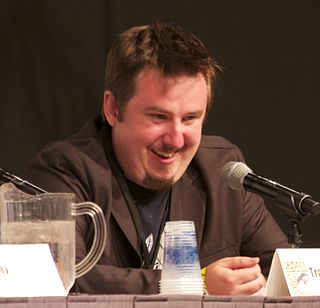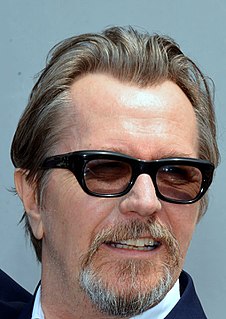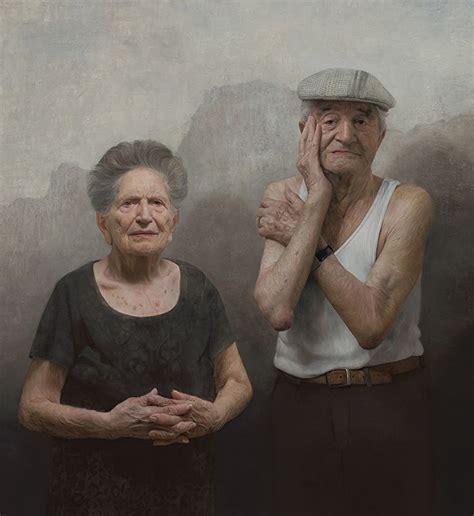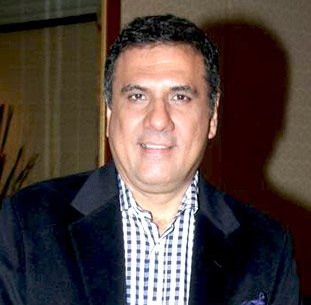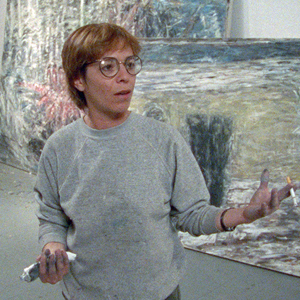A Quote by Travis Beacham
We tend to see films as artifacts of one mind. The reality of it is, I think, when you come out here and start working, you have to learn pretty quickly that it's a very collaborative process.
Related Quotes
Leibniz endeavored to provide an account of inference and judgment involving the mechanical play of symbols and very little else. The checklists that result are the first of humanity's intellectual artifacts. They express, they explain, and so they ratify a power of the mind. And, of course, they are artifacts in the process of becoming algorithms.
I really love it, I love working with directors that are very collaborative and allow me input. I've done over 75 films, it's just like you're an apprentice. You learn so much about camerawork, lenses, and I'm always talking about DPs and directors and they always give me lists. I think pretty soon, I'll be ready to move away from being in front of the camera.
As you start the company, you start spending spending spending ahead of revenue but then you come out of it and very quickly you should become a company that spends less than it makes. And what I mean by very quickly, is that window of time should be in that 6 to 8 year time frame. And the reason is because if you build your business model correctly it's almost unavoidable.
Screenwriting involves an often un-personal process. Co-writers, directors, producers, everyone has a say in what you put on a page, and stories are constantly changing according to budget, actors, and commercial needs. Films are a collaborative process and are also inherently narrative and structured, so you are always working within very tight parameters. Short fiction unleashes a more intimate voice and a passion for language. I believe short narratives can have the same amount of danger and drama as any action film.
Teaching is a huge part of what I do. I love to think about what I do out loud, and the best way to do this is to teach. I usually learn a lot from the students in my workshops, because we work to build the classes around a collaborative environment where everyone is working towards the same goal of learning how to observe and see the subject well, because everyone brings different approaches and experiences with them, the other students and myself learn new methods that we can add into what we do.
I think there has to be an interesting transformative process between your perception of reality and making the paintings. If you are just trying to render what you see you are not entering into a transformative process. And that's what makes a good painting: the process of transforming and the willingness to leave reality behind.
Yeah, it's an origin story. But you very quickly get into the origin and then it's off to the races. It is an origin story, certainly, but it's not like the movie ends and somebody stretches. It happens pretty quickly and I'm not sure how much I'm allowed to say about it, but I think when people see that first hint, they'll be pretty excited about it.
